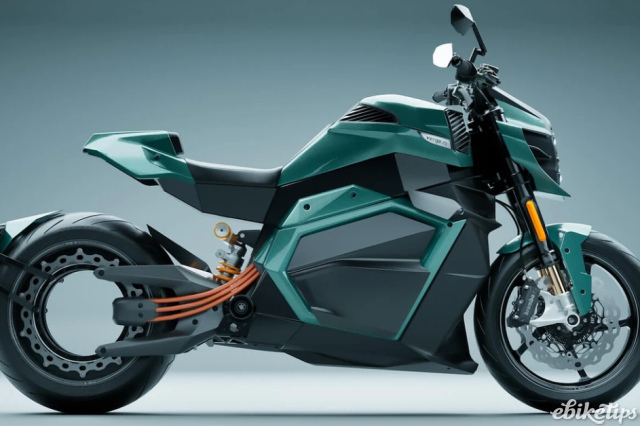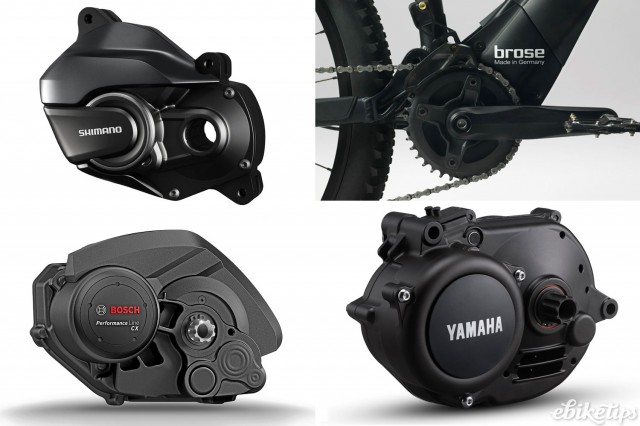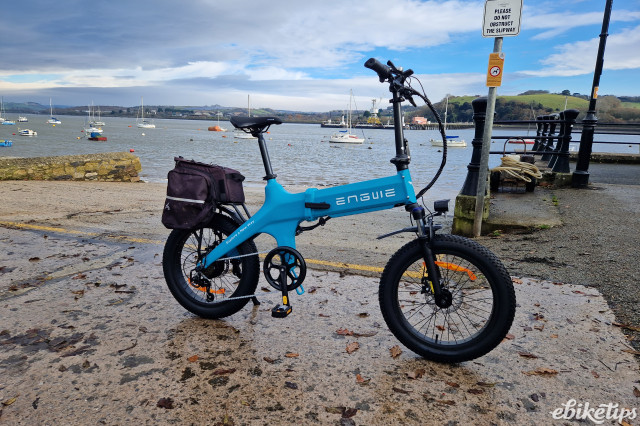French startup, Gouach have said they now have the first renewable lithium-ion battery for e-bikes in serial production. The Bordeaux-based firm also say the battery can be fully repaired in less than 10 minutes.
Many current end-of-life e-bike batteries are simply recycled, which may sound sustainable but - as Hannes de Jong of Heskon (a Dutch e-bike battery repair company featured in a recent ebiketips article) points out, “Recycling the whole battery is not the perfect option as either the 'melting' form or the 'shredding' form of recycling currently only recover 50% or 60-70% respectively of the battery's raw materials."
Gouach are clearly looking to go beyond the current system for repairing e-bike batteries. Their innovative battery claims patented no-spot-weld technology and a smart connected BMS (battery management system - in the form of a computer chip). Gouach say faulty cells are identified and can be safely replaced in 10 minutes with only a screwdriver.
Current repair or refurbishment technology often involves replacing all the battery cells within the battery case and spot welding together all new cells in the same configuration rather than attempting to replace individual faulty cells - which Gouach claim to be able to do. As Gouach point out, the current standard of battery construction means that cells are often disposed of prematurely - typically 80% of cells on batteries sent for recelling are still in working order they say.
Check out just how quick and easy taking apart and reassembling a Gouach battery looks in this company video:
No end user repair - initially anyhow
Gouach say that, "At first, for safety reasons, only the Gouach technical team is allowed to repair the batteries. The next step will be a repair network."
So there's no immediate prospect of you being able to buy an e-bike with a Gouach battery and diagnose and repair it yourself if it goes wrong or reaches its end of life range. However, the fact Gouach is looking to create a repair network means potentially e-bike manufacturers and their dealers could use the battery's connectivity to monitor the health of the batteries, make remote diagnoses, and anticipate repairs. Moreover, individual cell data is stored, thus increasing the value of each cell for second-life use.
In theory the Gouach technology looks like it should cost less to manufacture and repair compared to conventional spot welded lithium ion batteries. With replacement batteries from premium names costing several hundred pounds each, that has to be good news.
Gouach say they are currently targeting e-bike manufacturers and fleet operators, and are already partnered with multiple micro-mobility companies such as Dott, Lime, Pony and manufacturers such as Plume and Gaya.
Gouach say their ultimate goal is to, "help the fast-growing e-micro mobility market to move away from planned obsolescence, lower costs, and reduce C02 emissions..."





